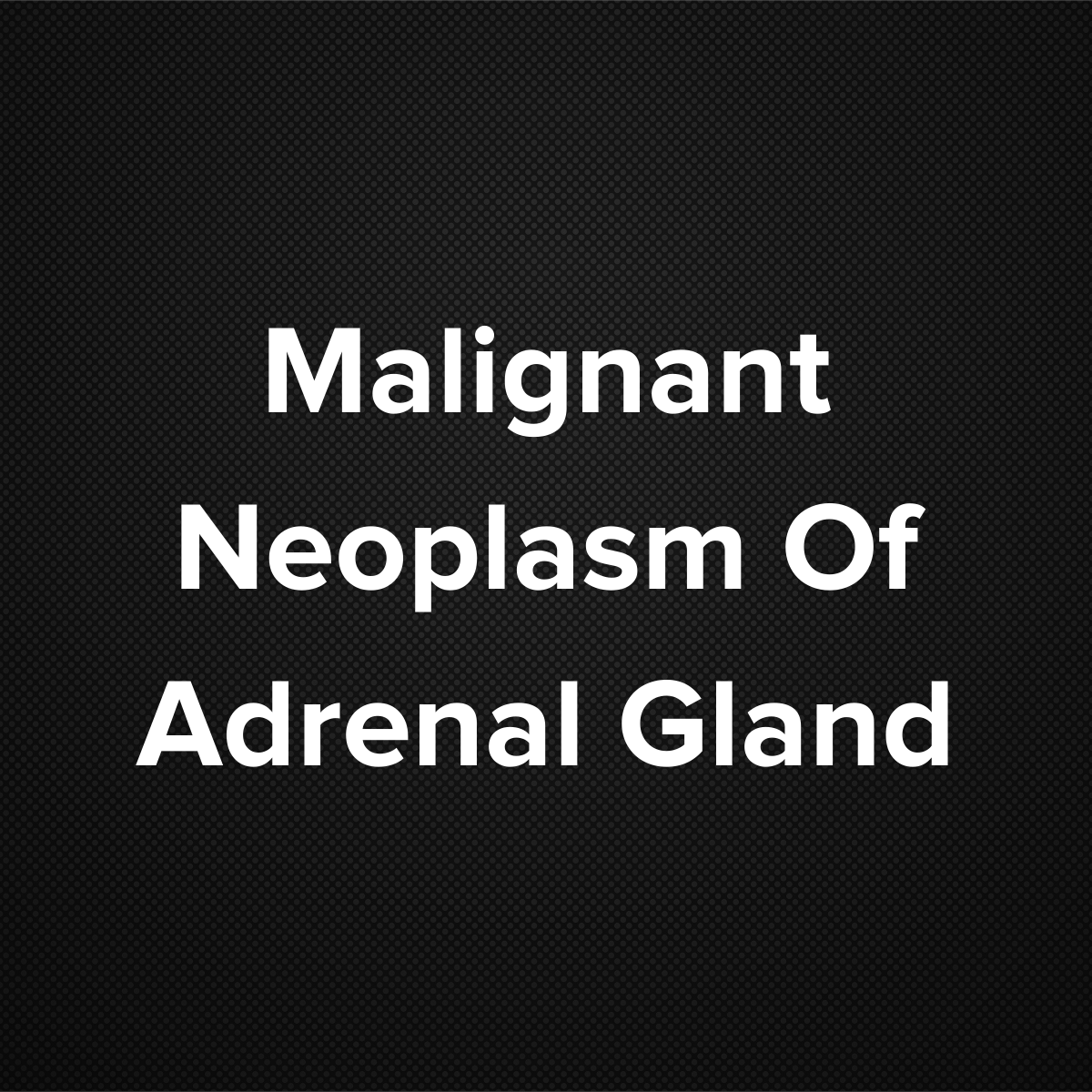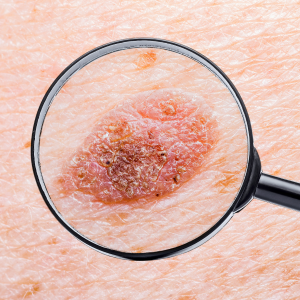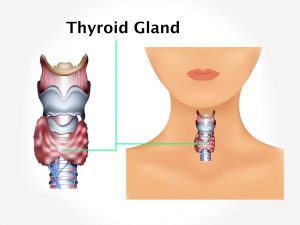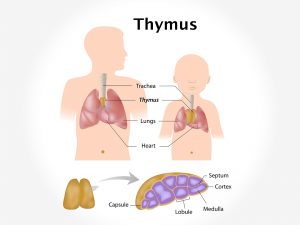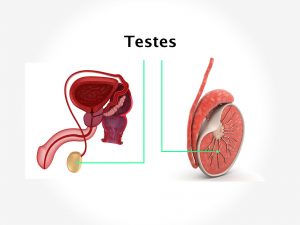Causes and risk factors
The cells undergo an abnormal and uncontrolled proliferation, eventually these clusters of cells lead to formation of a tumor or mass. What causes this abnormal growth is still a mystery. However, the tedious research and study of various cases have laid down certain risk factors which can predispose a person to cancer. Genetic factors head the list. Many cancers are caused due to certain abnormality or mutation in the genes which stimulate the cells to undergo an abnormal proliferation. Certain inherited conditions like familial adenomatous polyposis, cystic fibrosis, etc., also trigger malignancy of adrenal gland. People with weak immune system and those suffering from colon polyps, inflammatory bowel diseases have greater chances for developing intestinal cancer. High fat consumption, low-fiber diet, tobacco addiction, cigarette smoking, and alcohol consumption in excess are the worst predisposing factors.
Clinical presentation:
Indolent growths of the abnormal cell in its initial stage does not pose any noticeable signs and symptoms in the body, hence the patient remains asymptomatic for a long time. Over a period of time, the patient can come up with other health issues. On most of the occasions the patient usually comes up with vague symptoms like bodyache, fatigue, and tenderness all over the body. A noticeable change in weight is complained by the patient or is brought into notice by the known ones. In the early stages of formation of a tumor, no signs and symptoms are evident. As the tumor increases in size, it causes an extra production of hormones leading to a variety of complaints. Children can present with complaints of excessive growth of hair on the body and face. The penis becomes larger in size. Precautious puberty changes occur in girls. In adults, excessive secretion of hormone causes acquisition of male traits in female and female traits in males, respectively. Enlarged breast, loss of sexual drive, and erectile dysfunction is complained by the male patient. A female can come up with complaints of excessive hair growth on body along with menstrual irregularities. Weakness, muscles cramps, and hypertension occurs due to excessive production of aldosterone. Metastasis can lead to various other symptoms pertaining to that system or organ.
Investigations:
Taking into consideration the complaints mentioned by the patient, a physical examination of the patient is carried out. Accordingly, certain sets of investigations are advised. The various hormonal levels are firstly monitored. Serum adrenal hormones are measured. Simultaneously, ultrasonography of the abdomen and pelvis, chest x-ray or CT scan of abdomen and pelvis is done. If any abnormal growth or mass is detected, a biopsy is done which will help to differentiate between the benign and neoplastic cells. If the cancerous growth is confirmed, certain other sets of investigations like routine blood test, blood markers for cancer are diagnostic. A complete scan (PET scan) is the most essential investigation tool mandatorily advised in all cancerous conditions.
Treatment:
Staging of cancer, (i.e., advancement and spread of pathology) is the essential tool for formulating the treatment plan. If any abnormal mass is detected, surgical excision of the tumor is the main line of treatment. Adrenalectomy is done. Radiation treatment along with administration of chemotherapeutic agents is done in advance cases along with certain palliative procedures being carried out.
